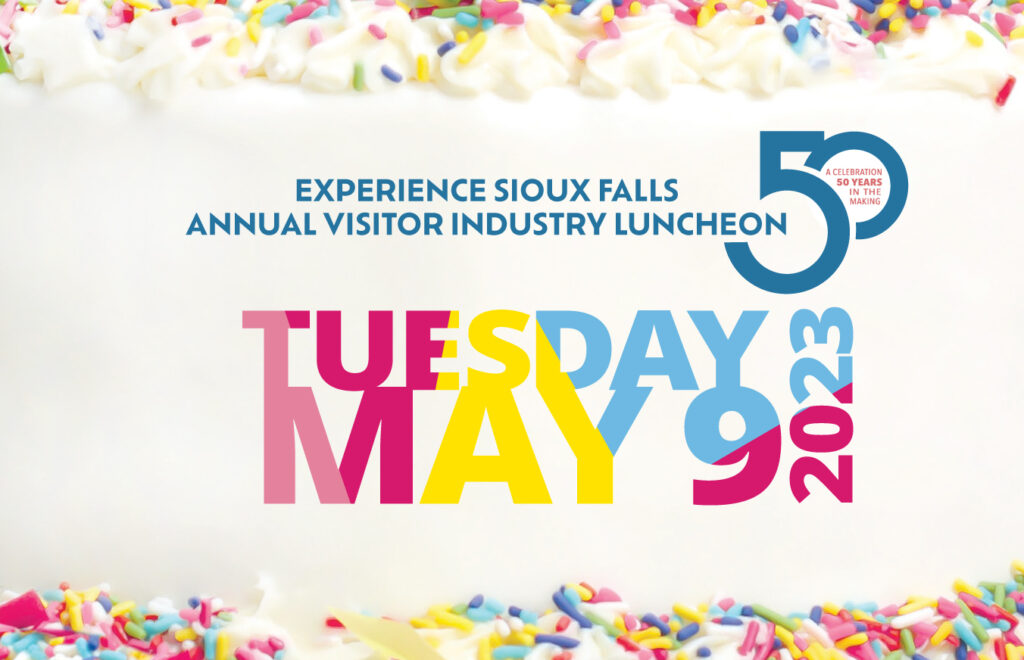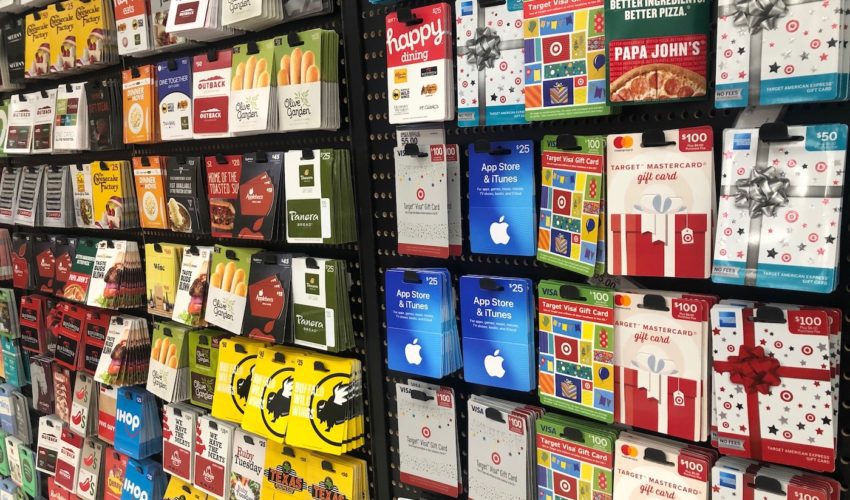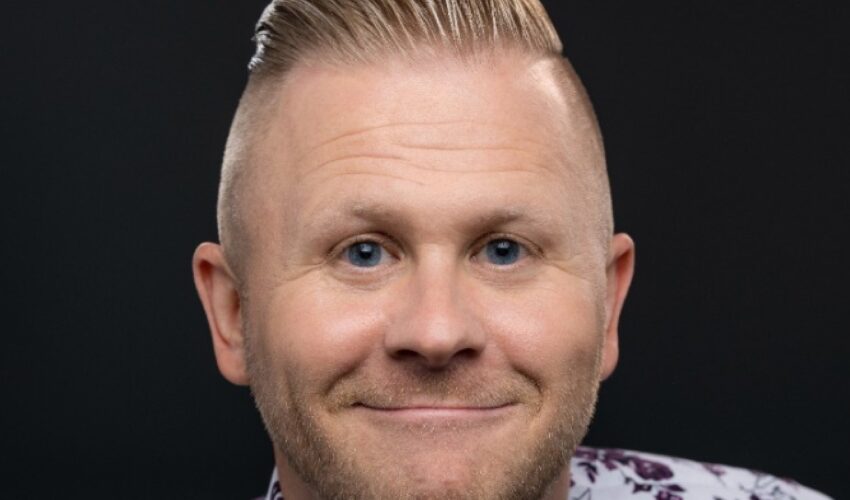How can your business keep top talent? Listen to The Undercover Millennial
April 27, 2023
This paid piece is sponsored by Experience Sioux Falls.
By all accounts, the owner of a highly successful retail business should have had a pulse on his own people.
But Clint Pulver wasn’t so sure.
“He was talking about how amazing his business was and how it was so successful, and I asked him if he manages his employees the same way he did 20 years ago,” Pulver said.
“He said, ‘Absolutely. There’s no need to change.’ And I wondered if they would say the same thing he was saying.”
So before he left the store, Pulver started talking to the employees.
“I asked the first guy I saw what it’s like to work here, and he got quiet,” Pulver said.
“Dude, it is miserable. Every one of us, we’re just numbers. I don’t even think my manager knows my name.”
Pulver, taken aback, thought maybe the employee was just having a bad day. So he asked another. And then another.
“In 45 minutes, I had talked to six employees, and five of them were currently looking for another place to work,” he said. “It was a lightbulb moment. I kept thinking, I wish the owner knew. He has no idea.”
Enter The Undercover Millennial, Pulver’s approach to helping businesses address workforce retention and engagement. It has led to a successful consulting business, The Center for Retention, a book and an in-demand speaking calendar that will bring him to Sioux Falls on May 9 for the Experience Sioux Falls annual luncheon and 50th birthday celebration.
“In our work, we see a lot of speakers. I am not exaggerating when I tell you Clint is one of the best, most impactful and memorable speakers we have ever seen,” executive director Teri Schmidt said. “You are going to leave this luncheon with your eyes opened and with motivation to help engage your team like never before.”
We caught up with Pulver for some early insights and a preview of what to expect.
What does it mean to be “The Undercover Millennial?” Explain the brand and how you reflect it.
I am a millennial; that’s the generation I was born into, so I was young enough to walk into many places looking for a job, and when I would ask what it was like to work there, people would tell me everything. The good, the bad, what they love and don’t love. There’s a different reality between the perception of leadership and the perception of employees, and there’s not a lot of incentive when things are going poorly for employees to tell leadership. They usually just leave. Or worse, they mentally quit. So it provided an insightful perspective into the gap we find between leadership and the workforce, and it became the framework for my book and what I’ve spoken about for more than six years. The magic was I could go undercover, and employees would consistently respond.
What have some of your biggest takeaways been in working with companies around employee retention? What’s the most important thing they can do? And, what’s the most common mistake they usually make?
The coolest thing is the power of mentorship versus management. That was the foundational key of all the research. When employees hated their jobs, they always talked a manager. When they loved the job, they always described a mentor, this individual in a position of leadership that became an advocate, someone who truly got to the part about them. Because of the mentor-manager, they lived a better story at work, and it was a powerful thing that we train and talk about. They would take less money working for this kind of individual versus a higher-paying job with a miserable boss. We give titles out all the time – supervisor, director, manager – but employees decide if you’re a mentor. You can’t become one unless they invite you into their heart, and when they do, the sky is the limit for opportunity and growth and happiness.
Do employers’ strategies need to change in 2023 to reflect a more employee-centric movement, workforce challenges, etc.?
Employers need to focus on how we communicate the potential and worth of our employees, how are we creating growth opportunities and moments of recognition. That’s what millennials and Gen Z and every generation are looking for. Last year, the percent of people actively looking for a new place to work jumped to 87 percent, according to some research. Whether that’s true in your workplace or not, I think it’s worth considering. There is no generational hack here. The goal is to get to the part of the individual in your organization, creating psychological safety where an employee can communicate and receive what it takes for them to survive and thrive.
What’s your take on hybrid or remote work?
The biggest thing we’ve learned and one of the critical things in a hybrid environment is that employees spell mentorship T-I-M-E. Whether that’s on a Zoom call, on the phone or in the office, wherever, it means it’s giving focused and directional intention to people on their team. In 10,000 interviews I conducted, employees never once said they love their job because the company is so good at time management or runs the best meetings. They talk about what leaders did to get to the part about them and create moments in their lives.
How do your strategies apply to the visitor industry, where it’s important to cultivate an engaged workforce who then delivers outstanding guest experiences?
The focus is on culture – creating a workplace where people thrive and they want to be part of it and stay. It’s similar to what brands do for customer experiences, creating moments, lasting opportunities and experiences. What we found is that brands that were incredible on employee experience and focused on their people first were masterful at doing the same for customers – or in this case, visitors. Your people are your greatest asset, and when they feel happy and seen and understood, the chances of that trickling down to the customer experience is significantly higher.
What are you hoping the Sioux Falls audience takes away from hearing you?
The biggest thing is I want the leaders to remember they’re not just in the business of making a profit. They’re in the business of storytelling, and not so much the stories they tell but the stories they help other people write. When people go home happy and fulfilled at work, that creates better families. It’s just so cool to understand how to operate as a significant business and not just a successful one. There’s a big difference between the two.
Are you inspired to hear more from The Undercover Millennial? Click here to reserve your seat.









